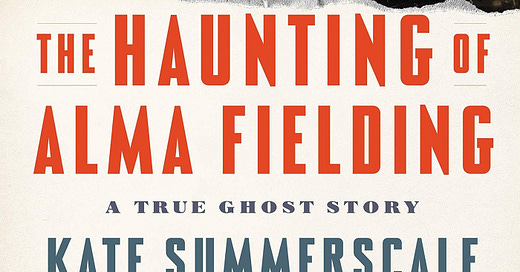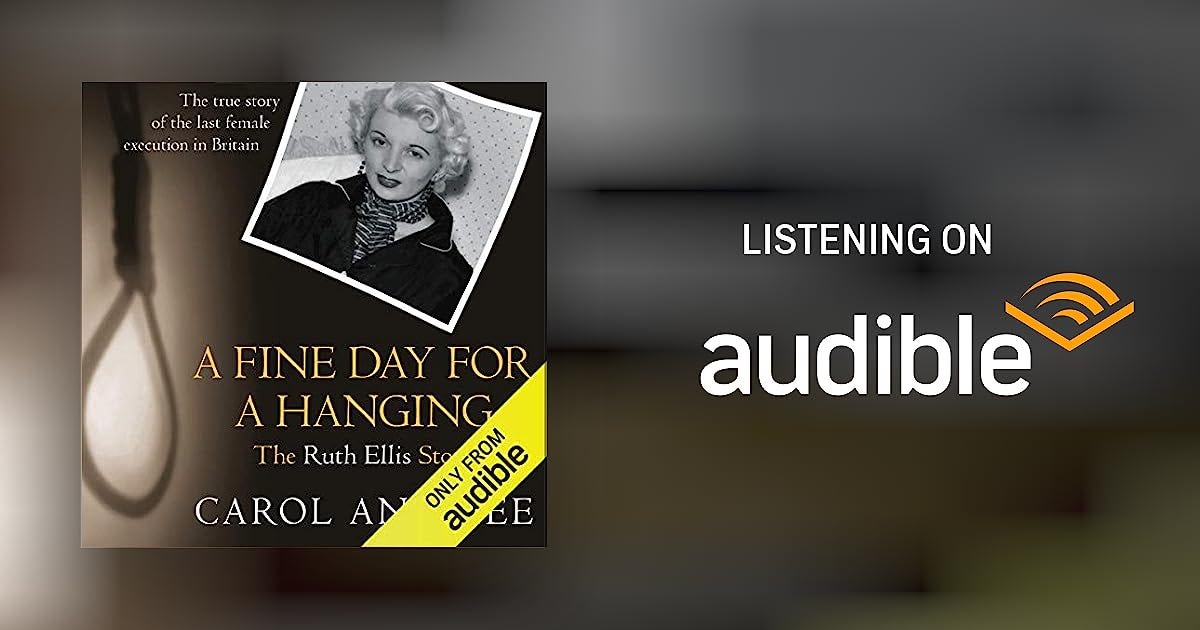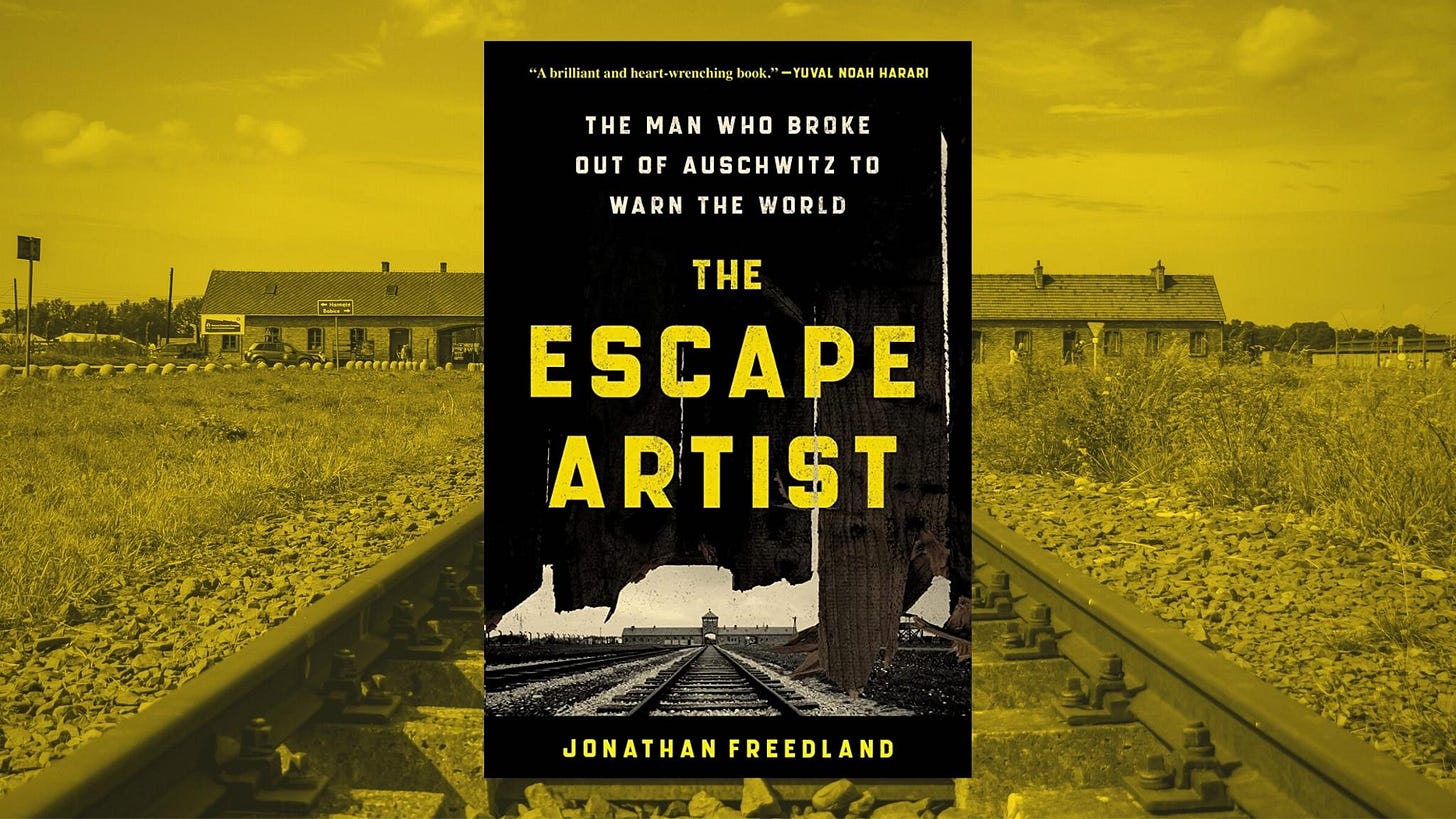A Poltergeist story, a true crime classic and an incredible Auschwitz survival story
Narrative nonfiction books optioned for TV and film
Last time I looked at some of the major films and TV series based on nonfiction books currently in the cinema or on TV.
Of course, nonfiction writers can’t rely on their books being turned into a movie or TV drama. But given the current hunger for true stories, if your book has a compelling narrative with a strong hook and story arc, chances are there will be some interest.
It’s out of your control, but if it does happen, it’s a very nice by-product of all that hard work. And remember, having your work optioned doesn’t mean it will definitely get made. If it never actually reaches the screen, you can always take comfort in the fact that you’ve been paid.
Here is a selection of books currently being developed for TV or film that caught my eye.
The Haunting of Alma Fielding
I’m a big fan of Kate Summerscale. She popularised literary true crime 15 years ago with The Suspicions of Mr Whicher. This told the story of the real murder mystery that inspired the godfather of the detective novel, Wilkie Collins. It was a definite influence on The Jigsaw Murders, my own true crime book. Whicher was turned into two successful ITV drama series starring Paddy Considine.
Her 2020 book The Haunting of Alma Fielding: A True Ghost Story is being developed as a TV series by New Pictures and the team behind the hit, Fosse/Verdon. The story is set in London just prior to the Second World War and is the story of a particularly pernicious poltergeist that torments an ordinary young woman Alma Fielding. The book is gripping and fascinating. It has all the signs of being a great TV series.
A Fine Day for a Hanging
True crime author Carol Ann Lee is no stranger to her work being adapted for TV. White House Farm, based on her book of the same name about killer Jeremy Bamber, was a major hit for ITV in 2020.
The Escape Artist
Journalist and author Jonathan Freedland took almost 40 years to write his biography of Rudolf Vrba, from first spark to publication. It truly is an incredible story. Slovakian Jew Vrba was just 19 when he escaped from the Auschwitz. He was able to tell the world of what was happening at the Nazi death camp and it is thought this act was able to save the lives of 200,000 Budapest Jews.
Freedland’s nonfiction book has, unsurprisingly, been snapped up by Bonafide Films and will be adapted by screenwriter Peter Moffat as a TV series.
Shaping your true story with an eye on TV and film
As I said last time, nonfiction writers shouldn’t pin their hopes on selling their work to TV and film.
The primary aim is to write the best book you can for your reading audience. That is hard enough as it is.
But I think it is definitely worth bringing a cinematic sensibility to your writing, whether it’s in the way you structure your book in scenes or in the way you use description. This will certainly make the reading experience more enjoyable and immersive.
It won’t harm your chances of catching the eye of a producer with a cheque book on the look out for intellectual property to buy up.
Until next time…





